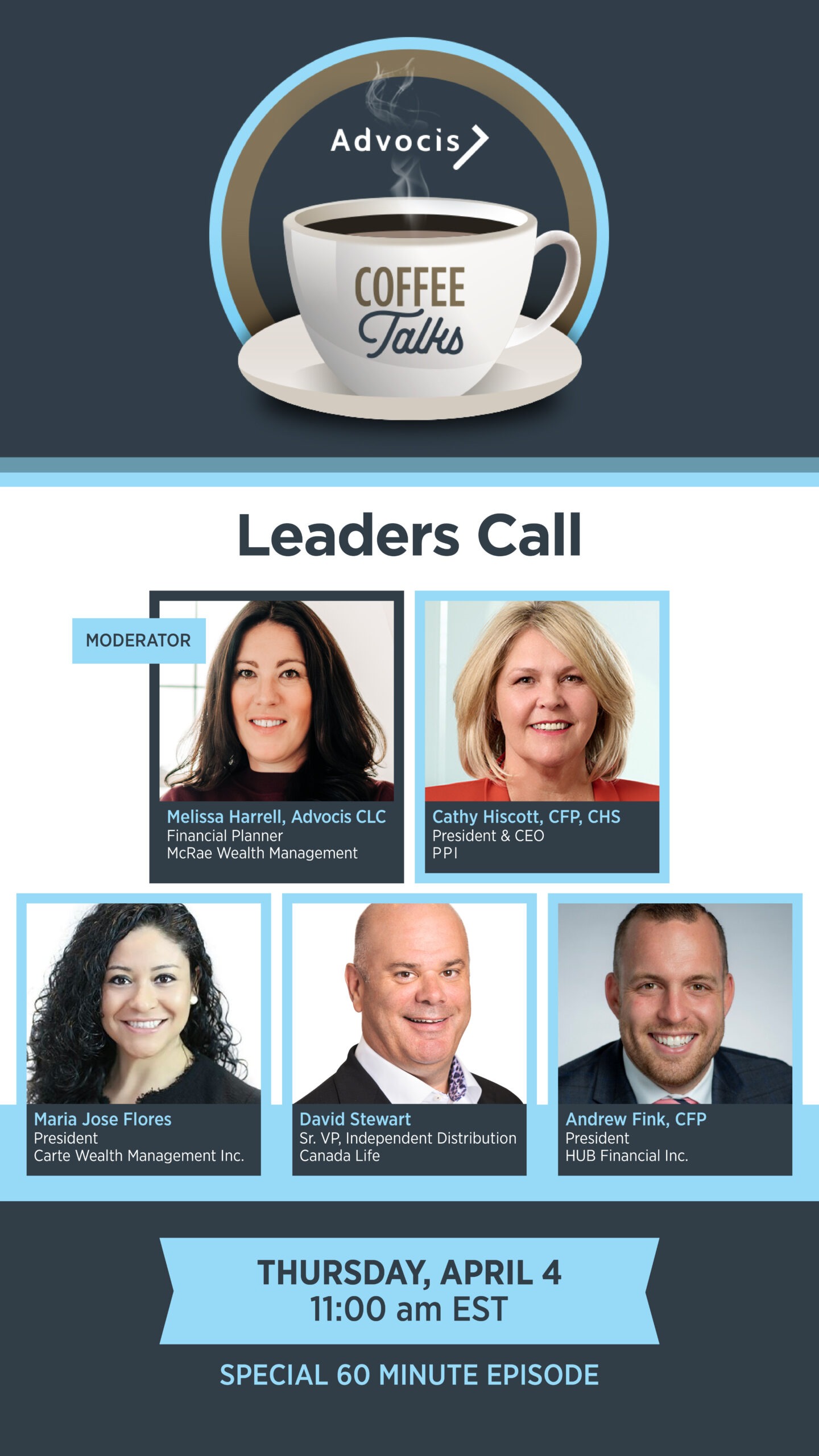(From the October 2020 Edition of eFORUM)
By Donna Starr
We have all had that one underperforming employee. That employee whom despite our best efforts, countless conversations, direction, advice, encouragement, and support is not progressing or making changes. The one that we are convinced we can “fix” only to see minimal progress not sustained.
What is the key to success in supporting and motivating an underperformer? Stop judging and start learning! In Marilee Adams’s book Change Your Questions, Change Your Life, she writes that we are all recovering judgers. A judger is not about the person you are but rather a mindset. As human beings, judger is our main default. The great news is we have both mindsets, judger and learner. That means we have a choice about which mindset we operate in.
A learner is a state of mind, being open to opportunities. We can take control back and empower our teams and ourselves by accepting the judger mindset as part of our makeup, and practising being a learner moment by moment. So how does this work?
Think of a time you encountered a screaming child in a grocery store, laying on the floor, full-blown tantrum in the middle of the aisle. As you sneak past the little one you notice mom off quietly off to the side trying to get lost in a sea of cereal boxes. What were you thinking? Were you questioning why the mom wasn’t disciplining the child? Passing judgment about the child’s behaviour? How did you feel in that moment? Was your body tense, your breath shallow, and were you feeling angry?
As human beings we make assumptions about situations and fill in the blanks. Now take a step back. What you cannot see in that moment is that she is a single mom, her son was recently diagnosed with autism, and her father who helps to take care of her son was just diagnosed with cancer. How would knowing this change your reaction or perception?
Knowing the details provides understanding and compassion.
In this same situation, if you switched your inner dialogue from judgment to curiosity, you would find yourself asking questions like, “Is she OK? Is there anything I can do to help? She looks tired — I wonder if she didn’t sleep last night?”
We all have a story. What you see on the surface is only the tip of the iceberg.
This is same for your employees. They have a story beyond work, and this impacts how they perform and how they show up day to day.
A learner mindset is about being curious, seeking to understand, and exploring opportunities. As leaders we tend to go into performance discussions in a judger mindset. Our internal chatter driving how we feel: What is wrong with this person? Why will they not try harder? Why don’t they just do what I am asking? Is this going to be like every other conversation? Why is this person so lazy?
In a judger mindset, we also tend to go into the conversation believing that this person is “broken,” that they need to be “fixed,” and that we can do that. Ultimately, a judger mindset will influence the language that we use to discuss performance and the outcome of the discussion.
What if prior to your next performance discussion, you made a choice to take a learner mindset and change the questions you asked yourself, such as, “What is possible? What is getting in the way of them moving forward? What is at the core of the behaviour? What else is happening for them?”
What if you made the choice to ask them thought-provoking questions that allowed them to share challenges, barriers, and possibilities? As a leader we continue to set expectations but allow them the opportunity for self-discovery, and empower them to create their own solutions and strategies. Ultimately, creating their own solutions will drive responsibility and accountability. Sustainable change must begin and be driven by the employee.
Here are five tips that will help you stay in a learner mindset during difficult conversations:
- Prepare yourself before every conversation. Remember that great results begin with great questions.
- Say less, ask more! Staying in a learner mindset means asking questions and talking less so you can learn more about the other person.
- Avoid telling them the solution. Human nature is to want to fix the problem. However, the problem is not ours to solve, they can do this on their own.
- Focus on asking one question at a time. Hear what they have to say … I mean really hear what they have to say! Avoid thinking about the next question that you are going to ask and truly engage in the information that they are sharing.
- Avoid using questions that start with “why.” Why immediately suggests that someone needs to defend themselves. Instead, use what, where, and how. What options do you have? What does that look like? What is getting in your way? How will you move this forward? Where are you now? How do you want to show up?
Donna Starr, FCIP, CTMP, is senior manager, distribution talent acquisition and business development, at The Co-operators in Guelph, Ont.








